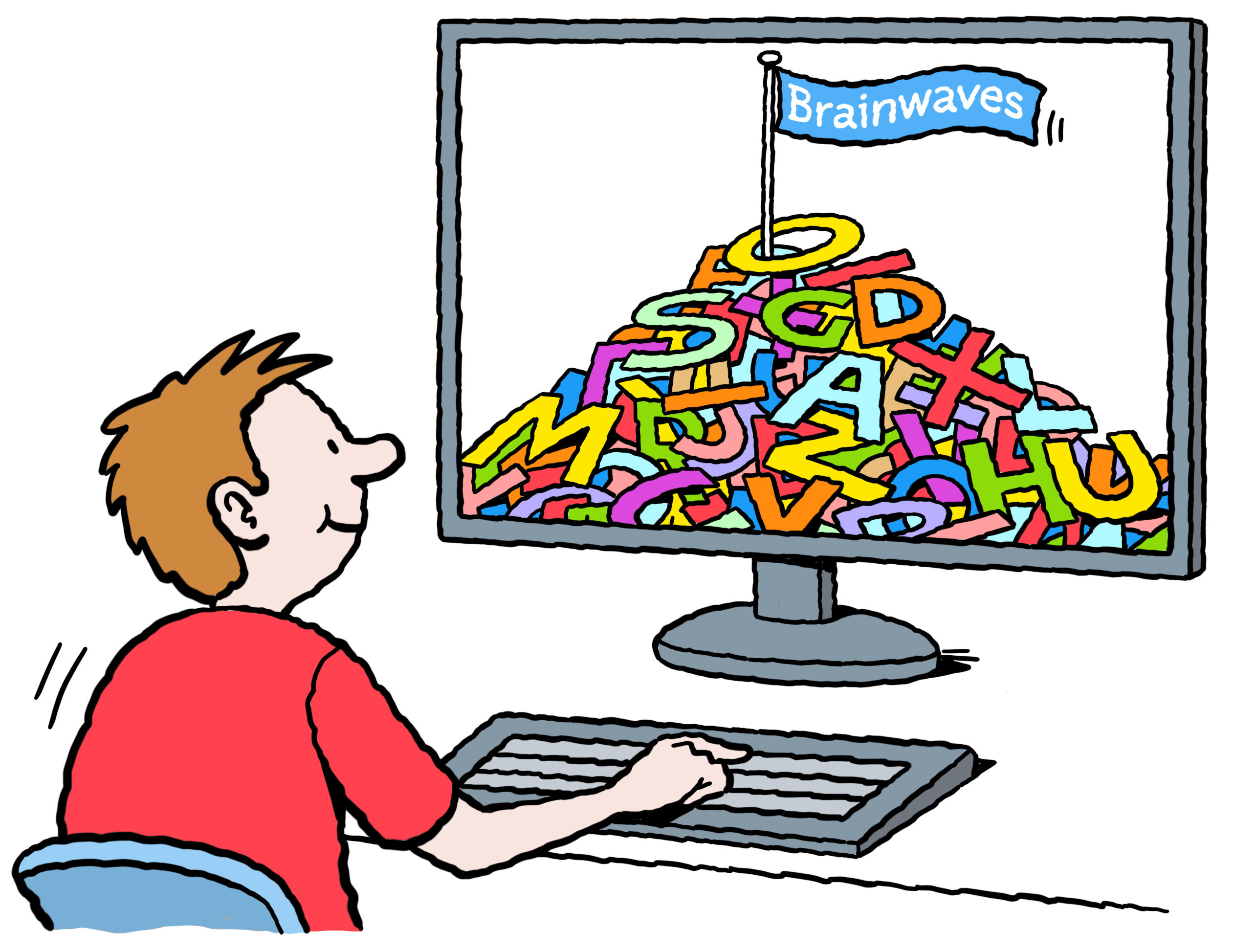Getting started
Once you have expressed an interest in tuition you will be contacted by us. We will ask for any diagnostic assessment reports or school progress reports that you have for your child. This will help us assess your child’s needs. You will be asked to provide your Broadband Speeds; a good online lesson requires a good connection, without this a lesson would be frustrating. All students have a 6-week trial period, after which you may cease lessons with no notice required. On week 5, you will have an opportunity to chat with Jane, share your thoughts as to the suitability of online learning for your child. If lessons continue, you will be sent your contract which asks for a half term’s notice to cease lessons. Once a suitable day and time has been found we will book a pre- teaching meeting.
Pre-teaching appointment
the purpose of this appointment is to establish a starting point for your child’s planned teaching programme with Jane. Zoom allows for group chats where we can all see and talk with each other. In this hour we may take some base line assessments of reading comprehension, reading accuracy, writing speed and spelling ability in order to determine the start point for lessons. For our Maths pre-teaching appointments we will assess for Maths fluency, numeracy skills and Maths problem solving. However, many students come to us with a recent assessment from a specialist in which case we will use this as our start point. During the pre-teaching session your child will have the opportunity to practise logging on and off Zoom for their lesson, learning how to use the ‘chat’, how to share screen and set up logins on some of the online resources we use. We also set up a cloud-based file sharing system and we will set this up together during the pre-teaching appointment. This is either Google Drive or DropBox. After this meeting your child will be sent a resource box and some additional personalised resources we think will be useful. This is dependent on age, and curriculum levels. The resource box has all the stationery they will need, an A4 white board, exercise books, etc.
A typical lesson
Understandably parents ask what a typical lesson ‘looks like’. As noted above,each child’s lesson is planned as a personal and individual lesson with targets appropriate to them. All of our lessons last 1 hour. We use board and card games, individually targeted worksheets and online learning resources. We value paired reading and use Barrington Stoke paperback books, chosen by the student but controlled by reading age to develop their comprehension skills and love of literature. They use their exercise books and white boards to practise and consolidate skills. As students get older we use Google Docs, with and without voice to text software, to support their homework skills, develop their writing skills and continue a focus on spelling, punctuation and grammar if appropriate. We introduce them to the Edward De Bono CoRT Thinking Skill programme, which assists writing planning and organisation and Language Programmes that develop their higher order reading and writing skills. In addition, we begin to develop revision and exam skills. Jane’s expertise lies not in the programmes we use, but our experience of understanding and meeting the needs of students with Specific Learning Difficulties: Dyslexia, Dyspraxia, Dyscalculia, AD(H)D, Autistic Spectrum Disorder and Specific Language Impairment.
For younger children, the lesson is divided into about four shorter activities. For literacy these may focus on: developing phonological skills; teaching accurate reading decoding using structured cumulative multi-sensory programmes based on Alpha to Omega; developing reading comprehension and understanding, improving single word spelling, developing handwriting skills, developing sentence structures, grammar and punctuation. This often needs to start with writing very short sentences, legibly written and accurately punctuated using a capital letter and full stop.
If the lesson is numeracy based there will be time to develop such skills as: telling the time, learning times tables, developing key mathematical vocabulary, and focussing on how to answer mathematical questions embedded in ‘word problems’. This is an area that many students with Specific Learning Difficulties find challenging. The lesson will focus on the strands in maths that your child is finding difficult: Using and applying maths, Number, Shape Space and Measures or Handling Data.
Upper Key Stage 2 and transition to Secondary Key Stage 3
By this stage we may change activity less within a lesson in order to develop concentration, tenacity and higher order thinking. However, the lesson would still be subdivided with activities. Most of our students continue to require a focus on their basic literacy or numeracy skills but need longer periods of time to develop their higher skills in preparation for reading and writing across the curriculum or applying their maths skills. In Year 6 we will support their approach to Key Stage 2 SAT’s to reduce stress and support self-esteem. Our Year 7s may have their first experience of formalised internal exams in school halls and we will develop time management skills and suitable study skills.
Key Stage 4
By Key Stage 4 we hope that your child will begin to develop intrapersonal skills and control the content of the lesson more. Most of our students at this age will have a study skills-based lesson. It will focus on the essential GCSE’s, e.g. English Language/Literature and Maths, but has the flexibility to revise and prepare for GCSE’s that they wish to do well at in order to study Post 16. Many of our students have Exam Access Arrangements, e.g. 25% extra time, a reader and/or a scribe and our lessons support our students in how to make the most of these. Some of our students, with severe dyslexia, Specific Language Impairment and or dyscalculia will sit Functional Skills Maths and English and we continue to support them to pass these so that they can make progress after Year 11.



